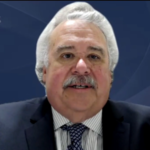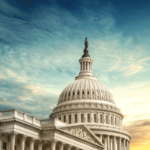Three things lawmakers should consider for tax laws
When a new party comes into the White House, with control of Congress, it raises or lowers federal taxes according to its priorities. President Biden has laid out ambitious spending plans and expects to pay for a portion of it with increased tax revenues. Income taxes and capital gains taxes are obvious targets, although the President has pledged not to raise income taxes for people earning less than $400,000 per year. [Continue]





